SUMMARY
This is AI generated summarization, which may have errors. For context, always refer to the full article.
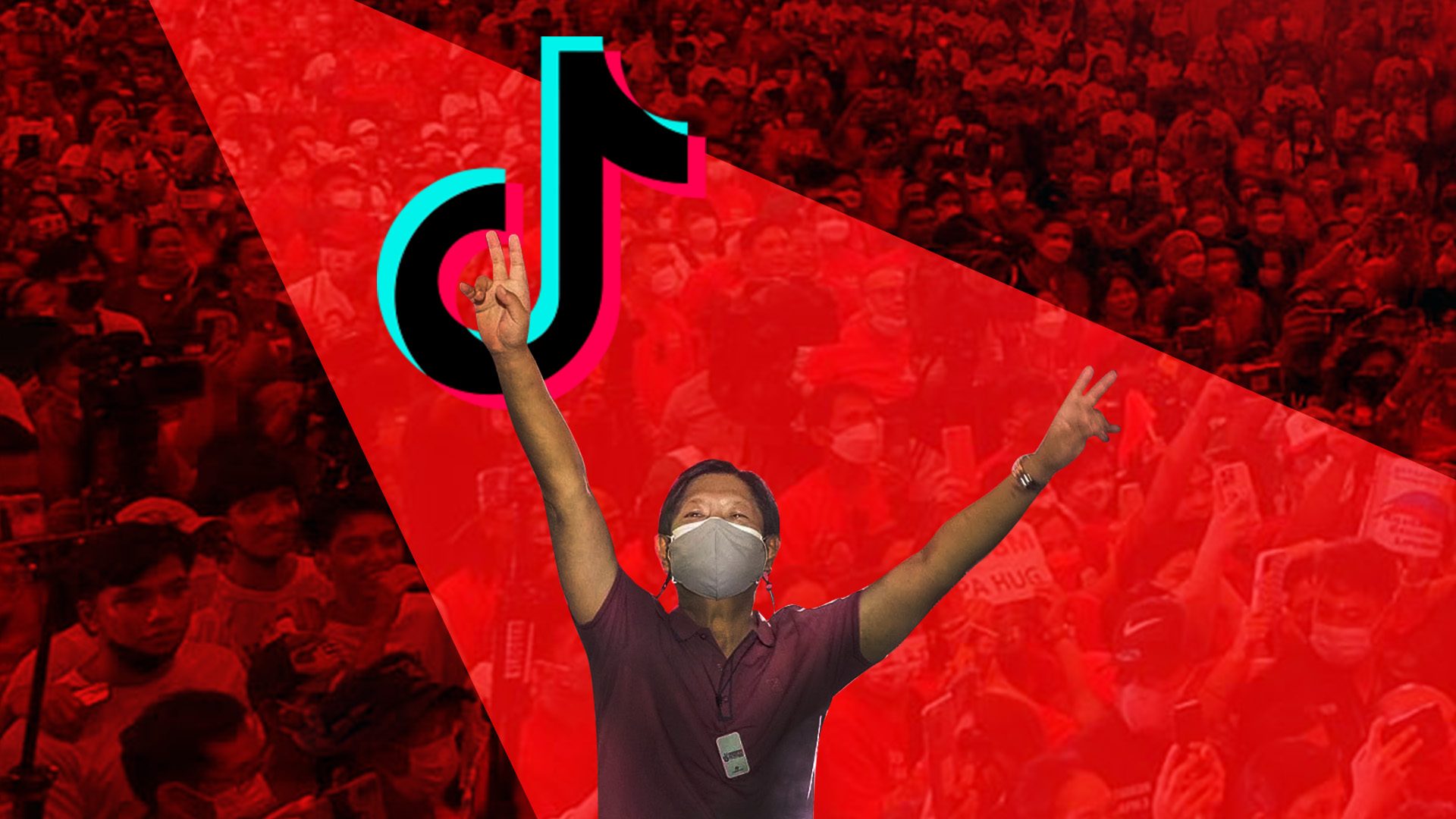
A number of netizens have pointed out that several TikTok users and influencers, all of them young, have recently produced content that promote government messages on inflation as well as agriculture and energy policies.
The TikTok users also used more or less the same structure, text, and graphics in their videos – leading many to surmise common scripts are being used. They used the same hashtags in their TikTok posts: #UmaarangkadangPilipinas, #BagongPilipinas, #2023Pilipinas, #IbaNaAngPilipinas. (Bagong Pilipinas is President Ferdinand Marcos Jr.’s new governance slogan.)
Many created content on inflation: its definition, relevance to our everyday lives, as well as the fact that it fell for 6 consecutive months. (By August, though, inflation inched up again.)
X user JP Tanyag (@dumidyeypee) posted a collage showing that nearly everyone used the same screenshots from the Philippine Statistics Authority’s July 2023 press conference on the latest inflation figures.
Despite seemingly following similar scripts, the TikTok users employed various modes of delivery.
Some, like Ronjoy Del Pilar, who has more than 420,000 followers on TikTok, displayed text straight from the government’s economic managers’ press releases, and even directly quoting Budget Secretary Amenah Pangandaman who once said the decline of inflation was a “positive development.” Other users did not even explain inflation, but just danced while related text appeared around them.
The posts were by no means just on inflation. Others dwelled on the government’s agriculture and energy policies and programs.
One user posted about the Agrarian Emancipation Law while appearing to play with the viral lato-lato toy. Another, who wore a toga in her classroom, danced while showing text about the Department of Agriculture’s loans for farmers and fisherfolk. Yet another danced while displaying text about the government’s subsidies for those affected by the recent rice price ceilings. Others, like Rozelle Familara, danced while flashing text about the government’s renewal of the Malampaya Service Contract as well as programs on renewable energy.

Interestingly, some of these same TikTok users were previously paid money to produce scripted videos meant to shame and harass actress and model Maggie Wilson.
TikTok influencer Rolyn Jay Battad, for example, who has 9.9 million followers on TikTok, issued an apology video and admitted to receiving a talent fee of P7,000 for creating content on Wilson. (Rolyn Jay also produced a video about the government’s inflation data using the above hashtags.)
Yet another interesting point is that some of these TikTok influencers parroting government lines were discovered by netizens to be in the running for various positions in the upcoming SK or Sangguniang Kabataan polls, to be held on October 30.
These include the inflation TikTokers Del Pilar (running for SK chairwoman in a barangay in Santa Rosa, Laguna), Battad (running for SK member in Tanza, Cavite), and Familara (running for an SK position in Batangas City).
All this gives a peek into the industry of TikTok propaganda campaigns, and how social media virality interacts with the politics of Gen Z. But it raises a lot of questions.
Who is funding the propagation of these government messages through TikTok users and influencers? Where exactly is the money coming from? Are public funds involved in any way? And are the influencers using this as an opportunity not just to expand their clout but also fund their respective runs in the upcoming SK polls? – Rappler.com
1 comment
How does this make you feel?

![[ANALYSIS] How the Marcos gov’t lies with statistics](https://www.rappler.com/tachyon/2023/07/tl-marcos-govt-stat-lies.jpg?fit=449%2C449)
![[OPINION] Tough times call for ‘flexible’ governance](https://www.rappler.com/tachyon/2023/11/Tough-times-call-for-flexible-governance.jpg?resize=257%2C257&crop=264px%2C0px%2C720px%2C720px)
![[OPINION] Political terrain in Taguig has shifted](https://www.rappler.com/tachyon/2023/11/binay-cayetano-taguig-november-22-2023.jpg?resize=257%2C257&crop_strategy=attention)
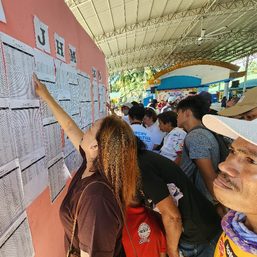
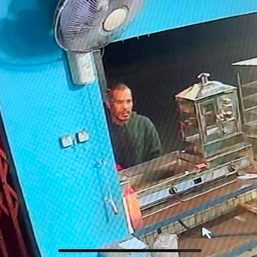

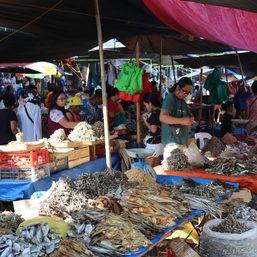

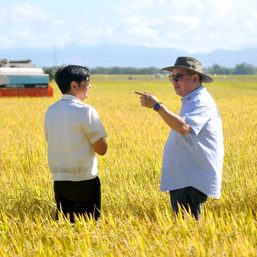




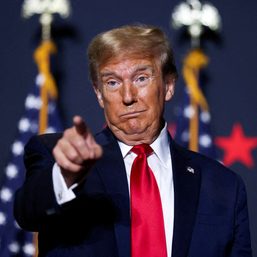
![[Finterest] How to earn on TikTok Shop, according to the app’s top vendors](https://www.rappler.com/tachyon/2024/05/tiktok-shop-top-vendors-1.jpg?resize=257%2C257&crop=310px%2C0px%2C720px%2C720px)
Thanks to Prof. JC Punongbayan for his enlightening articled entitled, “TikTok influencers, some running for SK, using same scripts to boost gov’t messages?” If I may be allowed to answer his questions, I will answer them this way. Q1: Who is funding the propagation of these government messages through TikTok users and influencers? A1: More likely, of course, it is the government through the Marcos Disinformation Machinery. Q2: Where exactly is the money coming from? A2: More likely, from the Confidential Funds of PBBM. Q3: Are public funds involved in any way? A3: More likely, as the OP has lots of Confidential Funds. Q4: And are the influencers using this as an opportunity not just to expand their clout but also fund their respective runs in the upcoming SK polls? A4: More likely, yes. Lastly, may I be allowed to foresee that some of these influencers will soon become powerful politicians (example: as “Senatorial Bullies”, etc.) with immense wealth amassed through corruption – as they have mastered the Art of Effective Public Lying starting when they are young.